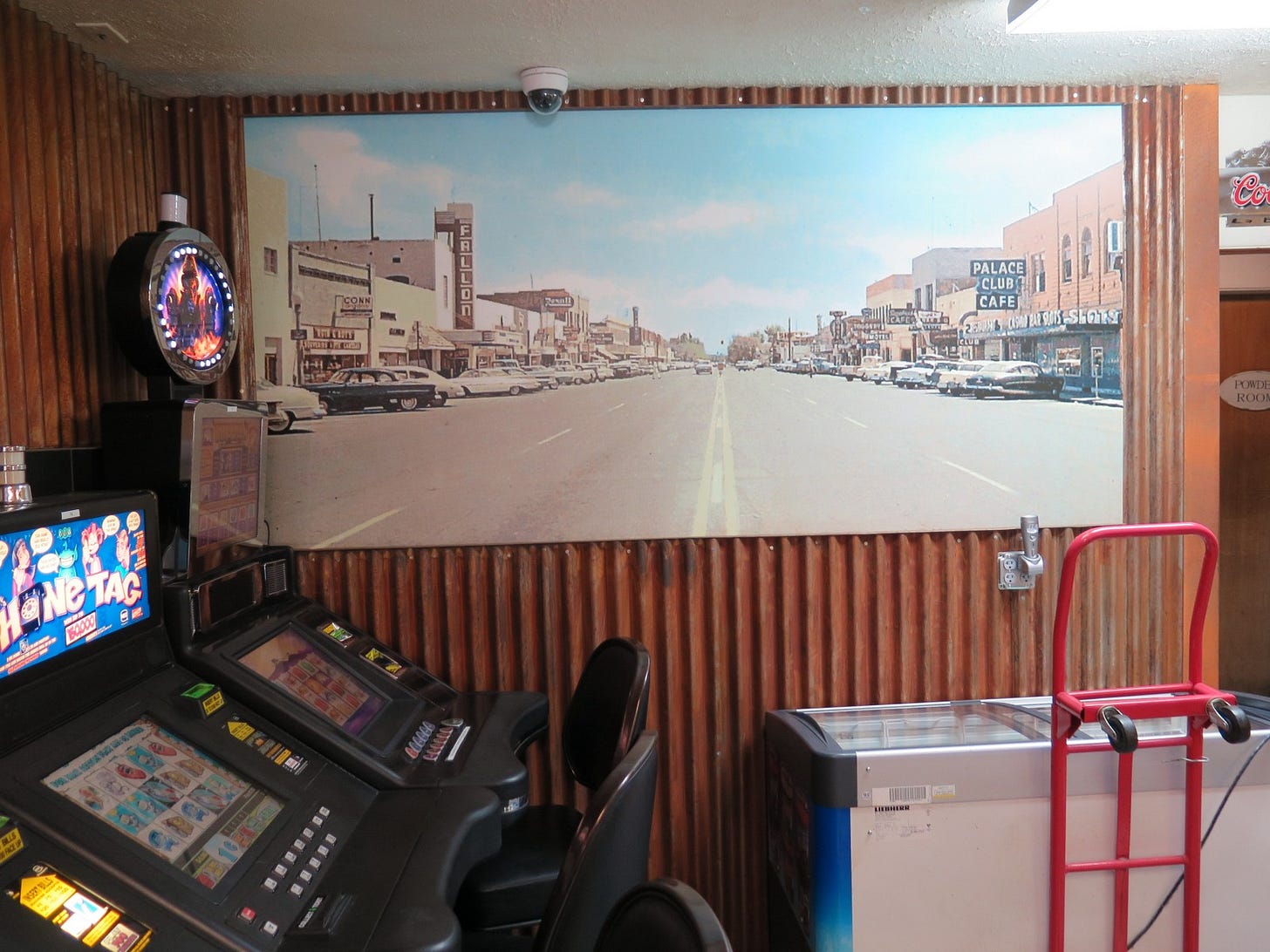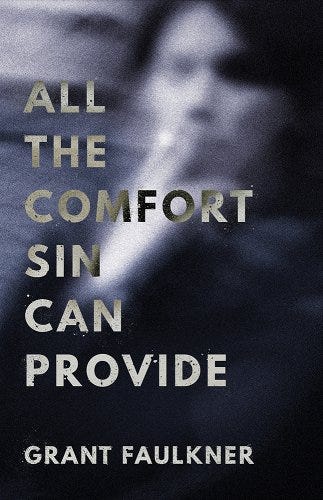“This book never gets written in, except when there’s nothing to write.”
Edna St. Vincent Millay wrote that line in her journal. I’ve written similar passages in my journals. I’ve kept journals since I was seven, and I’ve questioned the endeavor in many different ways over the years, starting with the question of if I want my journals to be read, and if not, why I keep them, and if so, who do I want to read them (more on that and the notion of conflagration below)?
I received my first journal for my seventh birthday after staring at it in the stationery shop on the town square for ages. All writers are fetishists of writing materials, and I loved this journal for its stately brown cover, its bound pages, and the lock affixed to it.
It was a fragile little lock, with a fragile little key, but it introduced me to the idea that the best writing happens in secret, that there are words in our souls that no one else should ever see.
But I didn’t know what to write when I first opened it. I was disappointed to discover that the pages had been divided into five sections because it was a five-year journal. I immediately knew a journal should never be defined by boundaries of any sort. Those small spaces were too limiting for even a seven-year-old’s thoughts and feelings, so unfortunately my first journal was stifling, a source of confusion.
It did one thing, though: It led me to a lifetime of experimentation with different journal forms and taught me the way a page can affect thoughts, because thoughts like to reside in places of comfort and sensuousness just as humans do.
I've written in so many journals since then. I've written in spiral notebooks and fine leather Italian journals. I never pass a bookstore’s section of journals without browsing and perhaps even fondling the journals (yes, it’s practically sexual, my love of the textures of the binding, the weight of the pages, the possibilities, the life).
I have a stack of journals to choose from after I’ve completed one, and I never write in the same kind of journal twice. I’m promiscuous in this way. Each journal has to be a new experience, a new companion.
I keep all of my journals, but I’ve never read them. They’re crammed in drawers, stuck in file cabinets. When the California fires reached new and seemingly constant fiery heights, I thought about buying a fireproof safe to put them in, because in some ways this voluminous record of my life is my most prized possession.
But there’s also a beauty in imagining them burning, much like a Tibetan sand mandala, all of the labor and artistry blowing away as a recognition of the impermanence of life. A journal is a striving for permanence by definition, yet what does that permanence mean? And what if it wasn’t a striving for permanence but for presence, to be, and then to let that being go? I might burn my journals someday.
The Edna St. Vincent Millay quote above resonated with me because I’m often not sure what my journals really reveal. I write in them mainly when I’m depressed or drifting, so if anyone ever reads them, their overall impression might be that I was a gloomy drip. My journals aren’t humorous, and I don’t think they’re particularly smart, and if they offer a window into my soul, then that window is more like looking through a shard of glass.
Still. I remember eras when the journals were confessional, pitched with hopes and anguish, a place to sift through the ever-shifting sands of youthful confusion. They were spaces of experimentation and wordplay and story ideas and observations, but my journals have changed in character and purpose with each era of my life.
I now have another notebook, my writer’s notebook, for all of my random jottings and ideas, and those notebooks have eclipsed my journal as the center for my thought and creativity. My notebooks aren’t journals so much as they are an artist’s sketch pad.
I recently decided to replace my 10 minutes of morning meditation with journaling in the hopes that journaling is its own kind of meditation, so each morning I’m confronted with the question of what the purpose of my journal is. David Sedaris assiduously records each day and then mines his words for details and happenings for his essays. Sarah Manguso kept an exhaustive diary “to remember what I could bear to remember and convince myself it was all there was.”
Ideally, the journal is a topography of the mind. Ideally, it contains everything from confession to observation to philosophical ramblings to the exploration of the mundane.
A journal is really such a wonderfully rare form because it can be shaped in so many ways. It can be a prayer at the same time it can be a scream. It can be a list at the same time it can be a tale of gossip. An entry can be formed around a simple daily errand, which can be probed and transformed into poetry.
There doesn't need to be polish like there needs to be in other work. It's writing that isn't meant to be art, yet I love reading other writers' journals as art. Anais Nin and Kafka and Sontag and Audre Lorde and Andy Warhol. Flannery O’Connor’s A Prayer Journal literally reaches to the heavens. “Oh, Lord,” she cries out in the journal’s middle, “make me a mystic, immediately.”
I’d like my journal to make me a mystic.
But I’m not sure I want anyone to read my mystic (and surely embarrassing) words. My eventual readers will likely be my children, and I sometimes feel their future selves peering over my shoulder as I write now. What do I want them to know?
Cheever wanted his journals published after his death—and Cheever’s journals, so full and uncensored, perhaps beg to be locked up. There is something admirable, though, in risking such exposure. There’s a good in seeing how a person’s mind works without any consciousness of presentation. We need to see those sharp edges, those moments of weakness, those contradictions that our censorship-oriented age is so vigilant to correct.
It’s our job as writers to be fools on the page (and in life).
I think of the lock on my first journal. In the end, the journal is a space to meet yourself, to be yourself—it’s a temple of “the me.” As Joan Didion said about her own journals: “Remember what it was to be me: that is always the point.”
So I’ll write to find that me again. To find it every day, I suppose, and then to let it go.
I don't know where my first little diary is now, but the permanence of our words is never the point. “Time punishes us by taking everything, but it also saves us—by taking everything,” Sarah Manguso wrote.
Because words need a warm place
“Writing for a hostile world discouraged me. Writing for the diary gave me the illusion of a warm ambiance I needed to flower in.”
—Anaïs Nin
Because we need to whine
“I’ve been keeping a diary for 33 years and write in it every morning. Most of it’s just whining, but every so often there’ll be something I can use later: a joke, a description, a quote. It’s an invaluable aid when it comes to winning arguments. ‘That’s not what you said on February 3, 1996,” I’ll say to someone.”
—David Sedaris
Because we need to recreate ourselves
“In the journal I do not just express myself more openly than I could to any person; I create myself.”
—Susan Sontag
Because an experience needs to be re-experienced
“These handwritten words in the pages of my journal confirm that from an early age I have experienced each encounter in my life twice: once in the world, and once again on the page.”
—Terry Tempest Williams
But what is a good journal entry?
“A good journal entry—like a good song, or sketch, or photograph—ought to break up the habitual and lift away the film that forms over the eye, the finger, the tongue, the heart. A good journal entry ought to be a love letter to the world.”
—Anthony Doerr
But maybe Virginia Woolf says it better
“What sort of diary should I like mine to be? Something loose-knit and yet not slovenly, so elastic that it will embrace anything, solemn, slight or beautiful that comes into my mind.”
—Virginia Woolf
Because journalers are hoarders
“Keepers of private notebooks are a different breed altogether, lonely and resistant rearrangers of things, anxious malcontents, children afflicted apparently at birth with some presentiment of loss.”
—Joan Didion
Because we need to remember and we need to forget
“To write a diary is to make a series of choices about what to omit, what to forget. A memorable sandwich, an unmemorable flight of stairs. A memorable bit of conversation surrounded by chatter that no one records.”
―Sarah Manguso
Because we need to be kept
"Keep a diary and one day it'll keep you."
—Mae West
Because a photo prompt
Use this photo as a prompt, as a random catalyst, as an igniter for any writing project you’re working on.
Or … simply write a story about this photo in less than 300 words and share it in the comments below.
For more, see my library of photo prompts.
Because a haiku
Since my house burned down
I now own a better view
Of the rising moon
—MasahideBecause a word: cleave
The beauty of the word “cleave” is that it means two different things at the same time: it can mean to cling, but it can also mean to split.
I wonder if you can do both at once: cling and split.
It’s a word that holds contradictions, drama.
I cleave.
Don’t forget to buy a book on your way out
If you like this newsletter, please consider checking out my recently released collection of short stories, All the Comfort Sin Can Provide.
Lidia Yuknavitch said:
“Somewhere between sinister and gleeful the characters in Grant Faulkner’s story collection All the Comfort Sin Can Provide blow open pleasure—guilty pleasure, unapologetic pleasure, accidental pleasure, repressed pleasure.”
Grant Faulkner is the executive director of National Novel Writing Month and the co-founder of 100 Word Story. He’s the author of Pep Talks for Writers: 52 Insights and Actions to Boost Your Creative Mojo and the co-host of the podcast Write-minded. His essays on creative writing have appeared in The New York Times, Poets & Writers, Lit Hub, Writer’s Digest, and The Writer.
For more, go to grantfaulkner.com, or follow him on Twitter at @grantfaulkner.







I wrote a journal for the two gap years between undergrad and grad school. I always imagined my future daughters reading it and learning from it. Then I had two sons.
I have thought about burning my filled journals many times, and I can't bring myself to do it. It's possible that it will happen without help from me, since I live in an area that is officially categorized as "high fire risk." I scoured the contents of a stack of my 2021 notebooks recently, which was occasionally pleasant and mostly painful. I was trying to find a flash piece that I wrote but never typed (arg), and I haven't yet found it. I loved Sarah Manguso's Ongoingness, and I loved this piece you shared. Maybe all of this is a lesson in helping us dig into each moment, write some of it down, and then let it go.